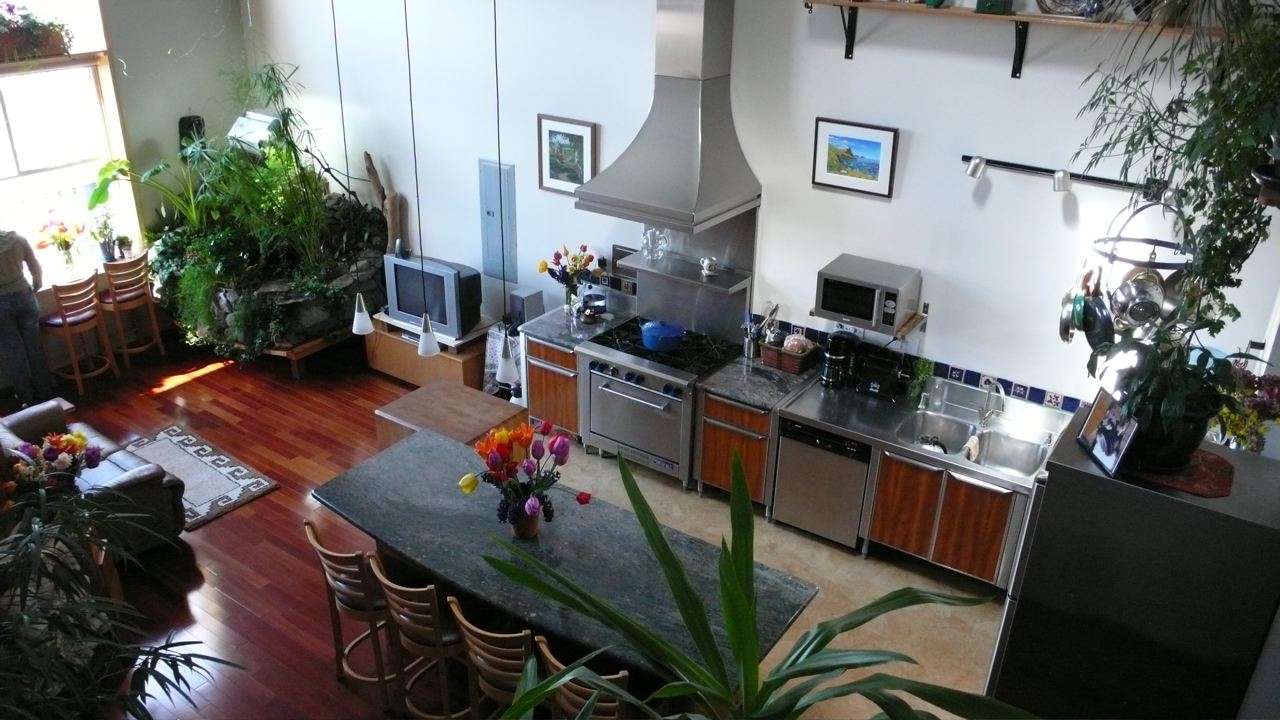The Reverse Mortgage – why not?
I am totally against the Reverse Mortgage. It is a con game organized by the bankers to steal your house and your inheritance.
You know the hype about Reverse Mortgages, “If you are age 62 or older and are “house-rich but cash-poor,” a reverse mortgage may be an option to help increase your income.” They go on to say, “It allows you to access money which is not required to be paid back until you leave the house or it’s sold. However, because your home is such a valuable asset, you may want to consult with your family attorney, or financial advisor before applying for an RM.”
GOOD ADVICE! DO CHECK IT OUT WITH AN ATTORNEY AND A FINANCIAL ADVISER BEFORE YOU APPLY.
Here are a few of the down sides to the reverse mortgage that you should consider before you jump in.
1. Interest is added to the balance starting with the first month and each month thereafter. This means that the total amount of interest you owe increases significantly because interest is compounding and you are paying interest on the interest.
2. Insured plans charge insurance premiums and some have mortgage servicing charges. Even though you can put these costs on the loan, this reduces what you can borrow.
3. RMs use up a portion of the equity in your home, leaving fewer assets for you and your heirs in the future.
4. Interest on RMs is not deductible for income tax purposes until you pay off all or part of your debt.
5. Because you retain title to your home with an RM, you also remain responsible for taxes, repairs, and maintenance.
The most damning information I have received related to the RM came from a friend whose parents had gotten one and who lost thousands of dollars. Here is her letter!
“I would like to tell you about the experience my parents, both 82, had with the reverse mortgage company, Canadian Home Income Plan (CHIP). I’m sure that you have seen their very seductive television ads; even Gordon Pape is speaking for CHIP suggesting that it is a “good investment”. I believe that the business practice of this company should be exposed. They are preying on the elderly, low-income people in Canada.
Five years ago, my parents signed an agreement with CHIP for a reverse mortgage of $43,000, over a 10 year term. At that time they owned their home outright. Five years later, halfway through the term, they were encumbered with $88,000.00 worth of debt on their home. In exchange for this, they had been receiving an annuity payment of $360.00 per month. So essentially, they had paid $88,000.00 for $21,600.00. Had they let the term run the ten years, they would have been encumbered with $125,000.00 worth of debt on the home, so paying $125,000.00 for $43,200.00. And they would have absolutely nothing to fall back on if either one of them had to go into long-term care.
The implied idea in selling reverse mortgages is that the value of your home will increase, so you are not really “losing” anything. Their home is presently worth about $145,000.00, and is located in a rural area of southern Vancouver Island. Home prices in this area have stayed steady for the last 7 years, and they are not likely to rise much in the future, as it is a fairly depressed area economically.
In order to stop the erosion of the equity in the home they decided to take out a mortgage. Luckily, rates are now low, and their monthly payments are also fairly low and manageable. When I was searching out lawyers for them to draw up the mortgage papers, each one of them agreed with me that the CHIP reverse mortgage was something to be very wary of.”
So, what are your choices?
Had they taken out a standard interest only mortgage of $50,000 at 5.5% for five years – amortized over 20 years, and put the $50,000 in the bank their yearly interest payment would have been 2,750/year. That plus $350/mon ( $4,200/year), would have given them over 7 years before they used up the$50,000 (not counting the interest they would have gotten from the $50,000). It would have dropped their property value down only the 50,000 rather than 125000, and they still would have had a nest egg for emergencies.
Again I urge you to see a lawyer before you get into a reverse mortgage.
Perhaps a more suitable way for you to deal with a need for monthly income would be to downsize your living situation and investing the difference in an RRSP or a retirement fund. Give me a call and let’s work out a solution together, and remember, there is no pot of gold at the end of the rainbow.



